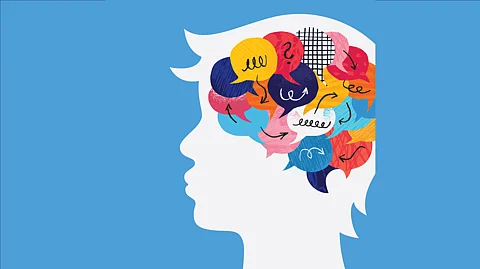

ISTOCK
Maybe you blurted out a rude comment, or accidentally hurt someone’s feelings. It happens to everyone. But learning how to think before you speak is a powerful skill — and it can make you a better friend, student, and communicator.
The key lies in the pause. Before your words fly out, take a moment — even just a second — to ask yourself: Is this kind? Is this true? Is this necessary? These three simple questions can help you decide whether your words will help or harm. It’s not about staying silent — it’s about being smart with your voice.
Thinking before you speak also means considering how you say things. Tone, facial expression, and timing all matter. For example, asking a question during a class discussion is great — but blurting it out while someone else is talking can seem rude. Choosing the right moment shows respect and maturity.
Sometimes, your brain moves faster than your mouth. That’s when mistakes happen. Practising mindfulness — like slowing down your breathing or counting to five — can train you to be more in control.
Whether you're in an argument with a classmate or giving feedback to a friend, your words carry weight. Speaking with care shows you’re thoughtful and emotionally intelligent. It helps you build trust, avoid drama, and stay out of unnecessary trouble.
Remember: words are powerful. Once spoken, they can’t be taken back. But when you learn to pause, think, and then speak — your words can become a tool for kindness, clarity, and connection.
It takes only 1 second to pause and reflect before speaking — but that one second can save you from hours of regret
The average person speaks around 16,000 words a day — choosing your words wisely can make a big difference
Tone of voice can change the meaning of what you say — even kind words can sound rude if said in a sarcastic tone
Listening is just as important as speaking. Good communicators pause not only to think but also to truly hear others